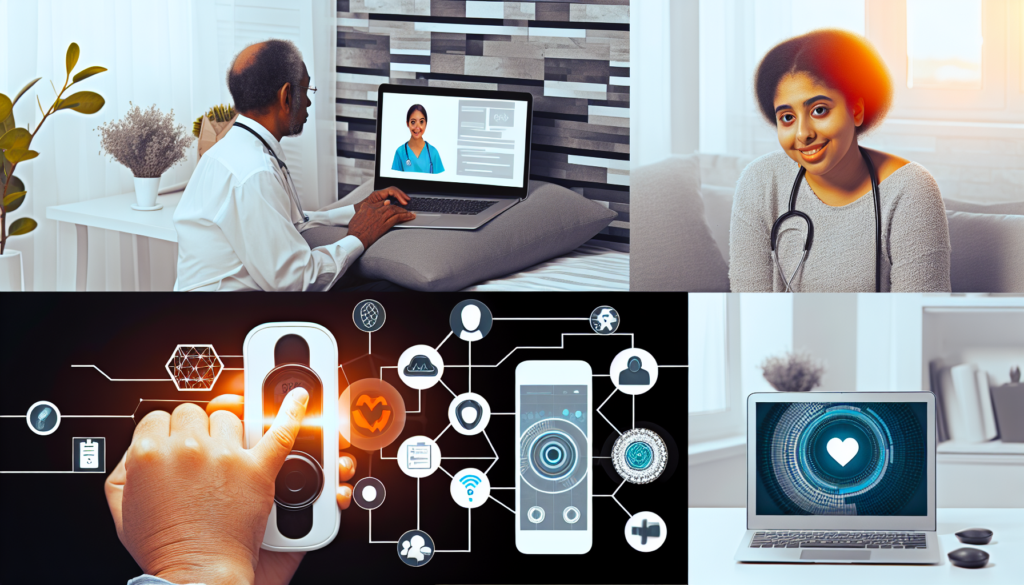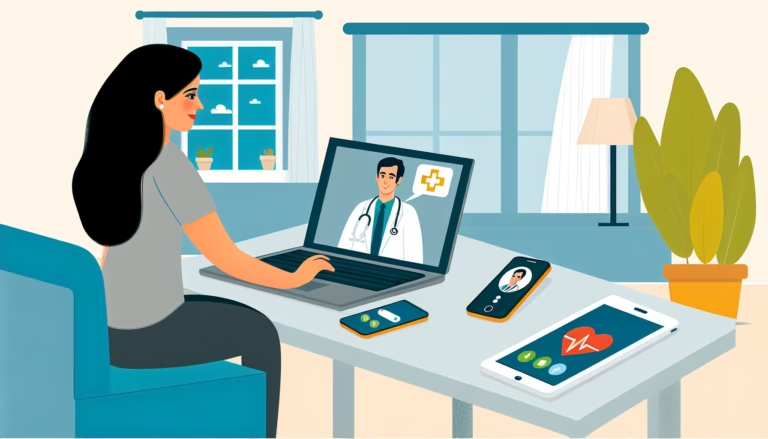Understanding The Role of Technology in Home Health Care
The rapidly evolving digital landscape has significantly influenced many aspects of our daily lives, including how we manage our health. The implementation of technology in home health care services has opened new channels for enhancing patient care and improving health outcomes.
From monitoring devices that track biometric data to telehealth services enabling remote consultations, technology places powerful tools in the hands of caregivers, patients, professionals and general health enthusiasts. In this article, we dive into how technology has reshaped home health care and the potential benefits it offers.
Telehealth Revolutionizes Patient Consultations
Telehealth services have grown exponentially over the past few years, especially amid the global pandemic. With the help of telehealth platforms, physicians and health workers can provide consultations, follow-ups, and healthcare services to patients remotely. This not only ensures uninterrupted health services but also significantly reduces the risk of infection or exposure to other health hazards.
Remote Patient Monitoring (RPM) For Chronic Diseases
Managing chronic conditions at home has been made easier with remote patient monitoring systems. Devices such as blood pressure monitors, glucose meters, and heart rate monitors help track a patient’s health daily and relay this information to healthcare professionals. Early detection of health irregularities and immediate intervention can result in improved patient outcomes and reduced hospital readmissions.
Healthcare Apps for Guided Self-Care
A variety of health apps are now available that guide individuals to maintain their personal care routines properly. From medication reminders to step counters and mental health coping mechanism apps, these tools promote responsible self-care and direct users to seek medical assistance when necessary.
Artificial intelligence and Machine Learning
The use of artificial intelligence (AI) and machine learning (ML) in health care continues to expand. These technologies are being incorporated into predictive analytics tools to anticipate health events based on patient data and inform appropriate interventions. In the home setting, these tools can be key in preventing health complications and ensuring optimal long-term patient care.
Conclusion
Undeniably, technology in home health care is a significant boon. It has reinforced the bridge between healthcare professionals and patients, making it easier for the latter to receive timely care. As technology continues to evolve, it will undoubtedly deliver new solutions to further enhance home healthcare and empower individuals in their health and wellness journeys.
At All4.health, we aim to keep our readers informed about these advances and how they can make the most of them. Whether you are a patient, caregiver, or health enthusiast, understanding how technology interplays with health care can equip you to make better-informed decisions and improve your quality of life.



